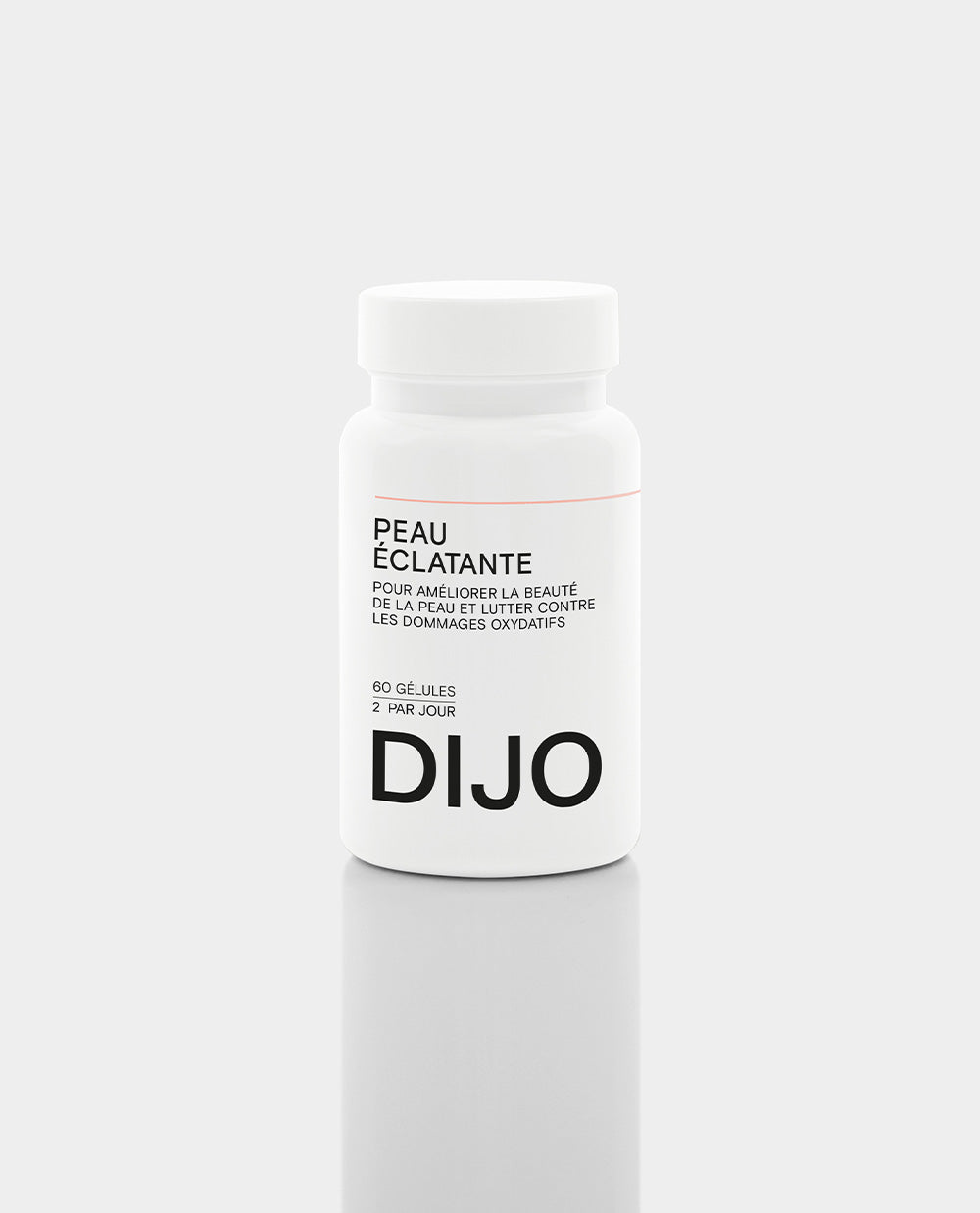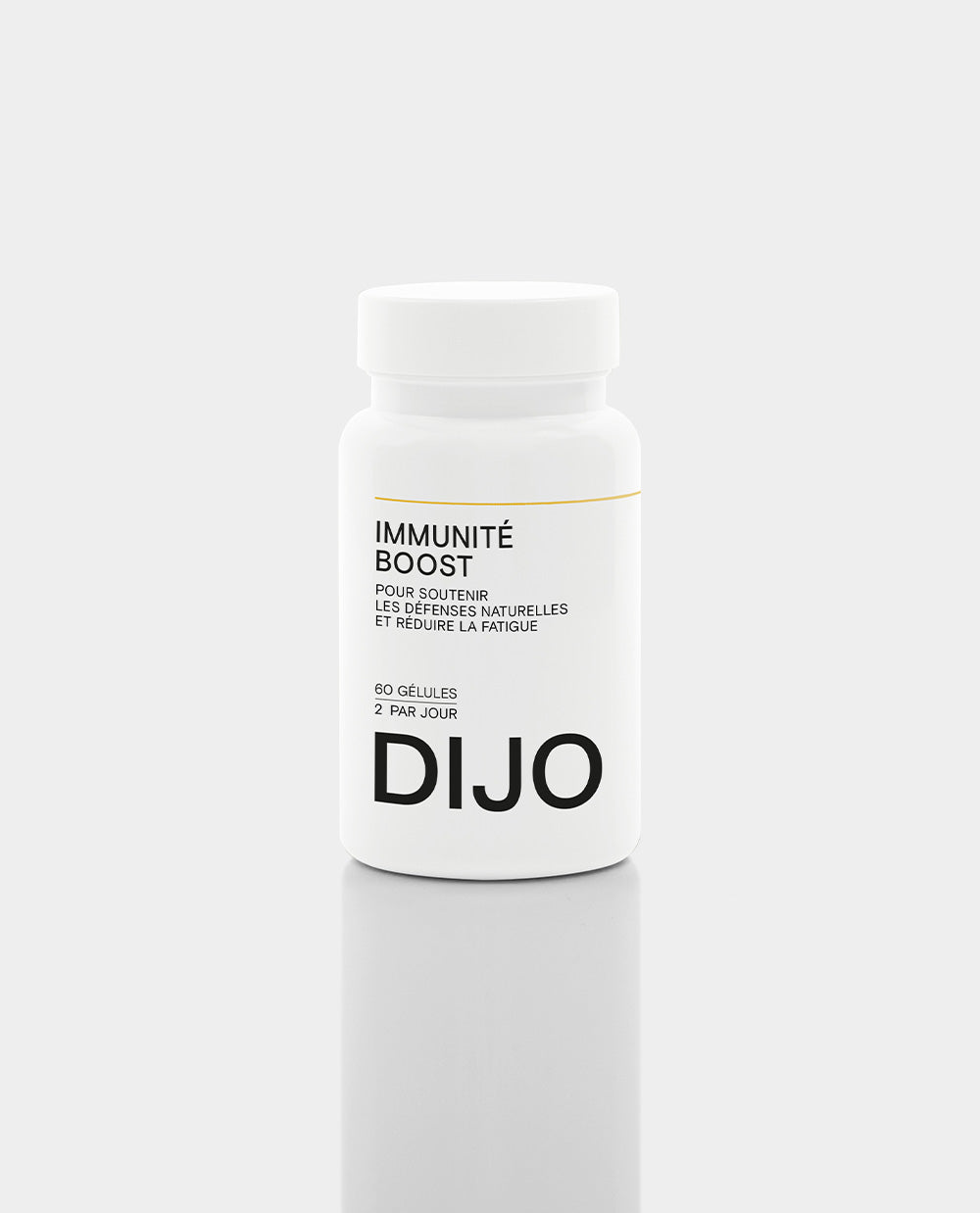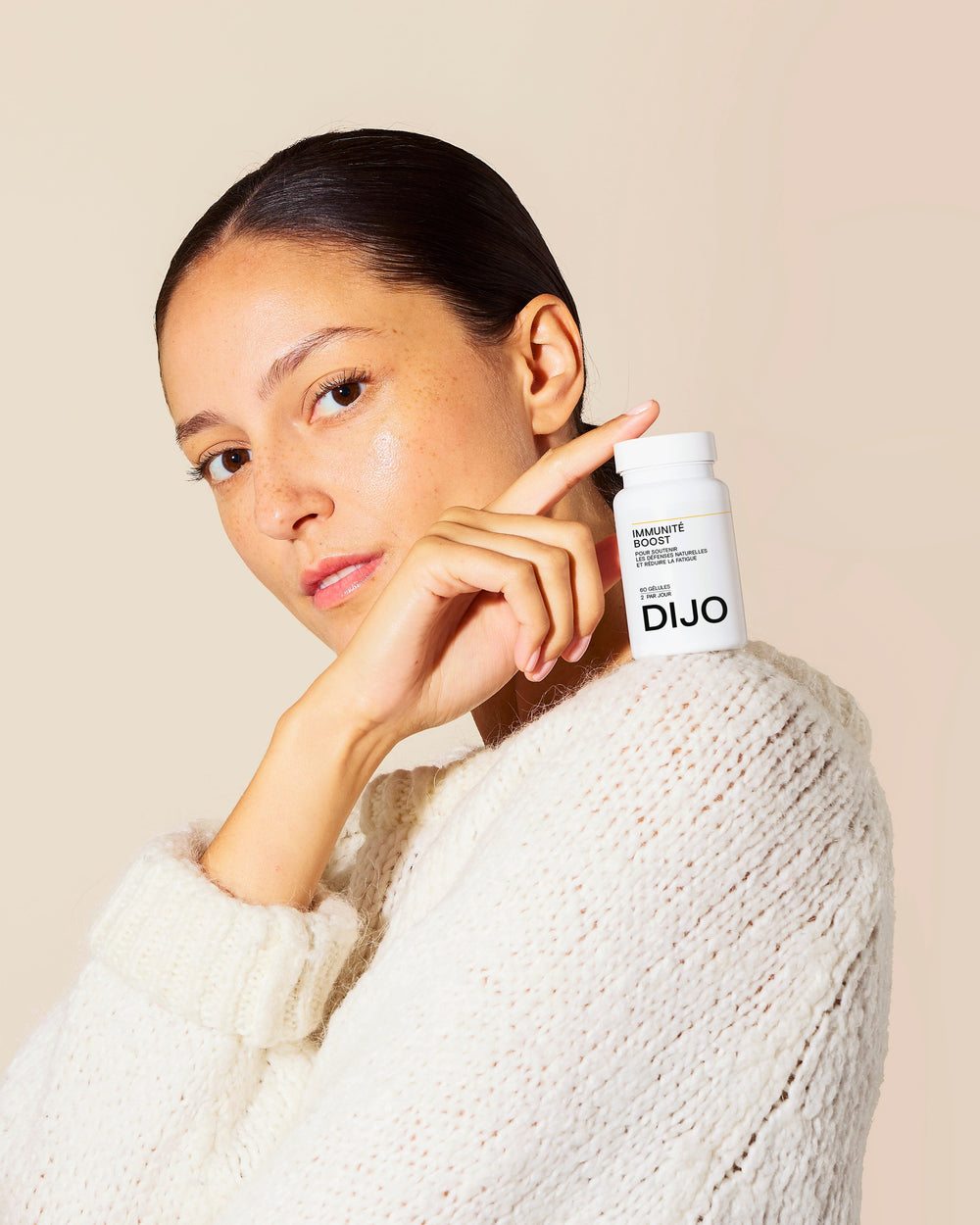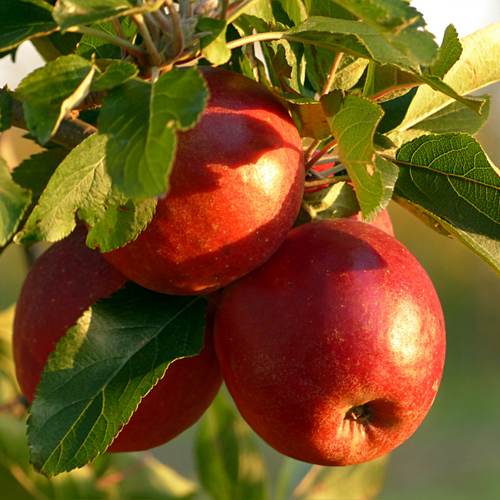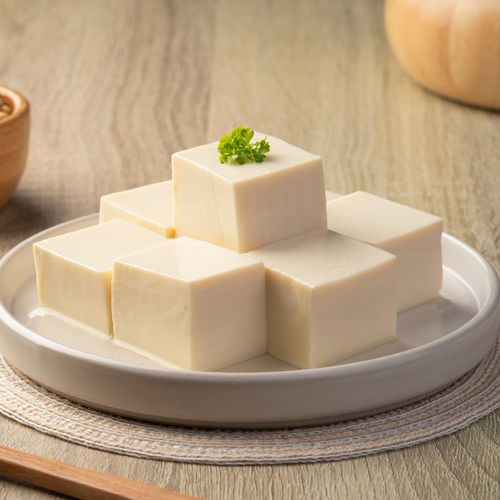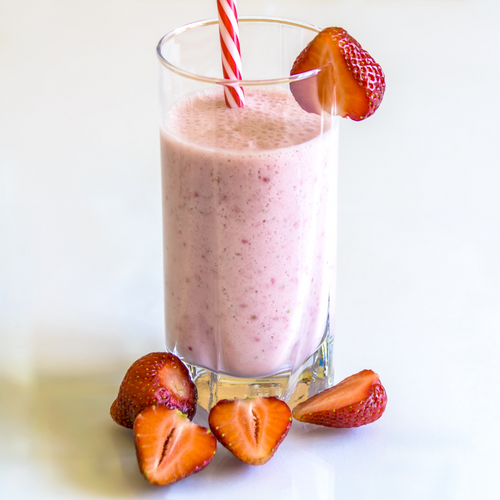The stomach, and more precisely the intestinal microbiota , is a key element of our health. It influences many aspects of our well-being such as digestion, energy, mood, stress and even weight management. The good bacteria that make it up are essential to keep us healthy. In fact, 70% of our immune system is located in our intestines. This is why their operation must be optimal. And that’s where prebiotics come in!
Prebiotics: definition and roles
Several studies have revealed that prebiotics play an essential role in intestinal health and balance. But, what is hidden behind this seemingly complex word, often confused with the term probiotic to which it is closely linked?
What are prebiotics?
The word prebiotic comes from the prefix pre- which means before, and “ bios ” meaning life. Thus, it designates a product which “ enables life ” or “precedes life”. In this sense, prebiotics correspond to the substrates of probiotics . These are indigestible compounds which, once ingested, progress throughout the digestive tract without being degraded and which are fermented by intestinal bacteria.
What are prebiotics used for?
Probiotics are well known for preserving the balance within one's microbiota . However, providing these bacteria with a quality nutrient environment with the help of prebiotics is even more beneficial and effective! This is why it is interesting to include prebiotic foods , also called “prebiotic effect foods”, in your diet. In fact, they promote the growth of beneficial bacteria in the intestinal flora and allow them to perform their beneficial functions on health more effectively.
Prebiotics are found in our food, but care should be taken as not all foods have a prebiotic effect. To learn more about this, you can read our article dedicated to prebiotics .
Prebiotics and probiotics: how to differentiate them?
According to the WHO, probiotics are defined as “live microorganisms which, when administered in adequate quantities, confer health benefits to the host.” These are most often bacterial strains naturally present within our intestinal microbiota and which confer beneficial effects on health. Probiotics enrich the intestinal flora , while prebiotics stimulate its growth . Probiotics and prebiotics are therefore complementary : they act in synergy to maintain optimal overall health, good immunity or even promote digestion.
All this shows that it is important to know foods rich in probiotics and prebiotics to maintain good intestinal health.
Our TOP 8 essential prebiotic foods 🏆
The consumption of prebiotics, necessary to “feed” them, is important and often neglected. In fact, it is recommended to consume 30 to 40 g of fiber per day . However, studies have shown that the average fiber consumed for the adult population is actually only 17.5 g/day*.
To enrich your diet with prebiotic foods and benefit from their benefits on your digestive health, consider eating fruits, vegetables, seeds and roots. Here are our TOP 8 foods rich in essential prebiotics:
1 - Chicory

Chicory is one of the richest sources of inulin , a prebiotic that promotes the growth of good bacteria in the gut. Chicory is also rich in antioxidants , making it beneficial for general health.
2 - Garlic and onions, foods for the growth of bacteria

Garlic and onion are rich in prebiotics called fructo-oligosaccharides (FOS) and inulin . These compounds stimulate the growth of beneficial bacteria such as Bifidobacterium and Lactobacillus, which contribute to better digestive health.
3 – Bananas

Bananas contain resistant starch , a form of prebiotic that escapes digestion in the stomach and small intestine and reaches the colon intact. Once in the colon, resistant starch is fermented by beneficial bacteria, which encourages their growth .
4 - Asparagus, a food for regular transit

Asparagus is rich in inulin , a prebiotic that promotes the growth of beneficial bacteria in the gut. They are also rich in fiber , which promotes bowel regularity .
5 - Apples

Apples are rich in pectin , a form of prebiotic that helps feed good bacteria in the gut. Apples are also rich in soluble fiber , making them ideal for regulating intestinal transit .
6 - Artichokes, a food rich in inulin and fiber

Artichokes contain inulin , a prebiotic that stimulates the growth of beneficial bacteria in the gut. Artichokes are also rich in fiber , making them an excellent food for regulating digestion.
7 – Legumes

Legumes, like chickpeas, lentils, and beans, are rich in prebiotics such as FOS and inulin . They are also rich in soluble and insoluble fiber, which makes them an excellent food for regulating intestinal transit .
8 - Oatmeal, to rebalance your flora and facilitate your transit

Oatmeal is rich in beta-glucans , a form of prebiotic that stimulates the growth of beneficial bacteria in the gut. They are also rich in soluble fiber , which makes them ideal for regulating intestinal transit .
The unique range of DIJO prebiotics to target your goals
At DIJO, we have taken it to heart to offer you an exclusive range of prebiotics specially designed to meet your goals. Whether for weight regulation, increasing energy or improving skin quality , you will find in them real partners to give you a helping hand!
-
Prébio slim contains active ingredients selected for their action on fat and energy expenditure . In addition to a good diet, you will benefit from a real boost in your metabolism allowing better management of your weight!

-
Prébio Beauty combines 5 active radiance and elasticity boosters, as well as flavonoids with a prebiotic effect to strengthen your intestinal microbiota and regain healthy, radiant skin.

- Prébio Energy & Immunity brings together plants and nutrients to say goodbye to fatigue and strengthen your immunity

*Public health France. Health study on environment, biomonitoring, physical activity and nutrition (Esteban) 2014-2016. Nutrition aspect. Food consumption chapter. 2018. Available on: < www.santepubliquefrance.fr >.






